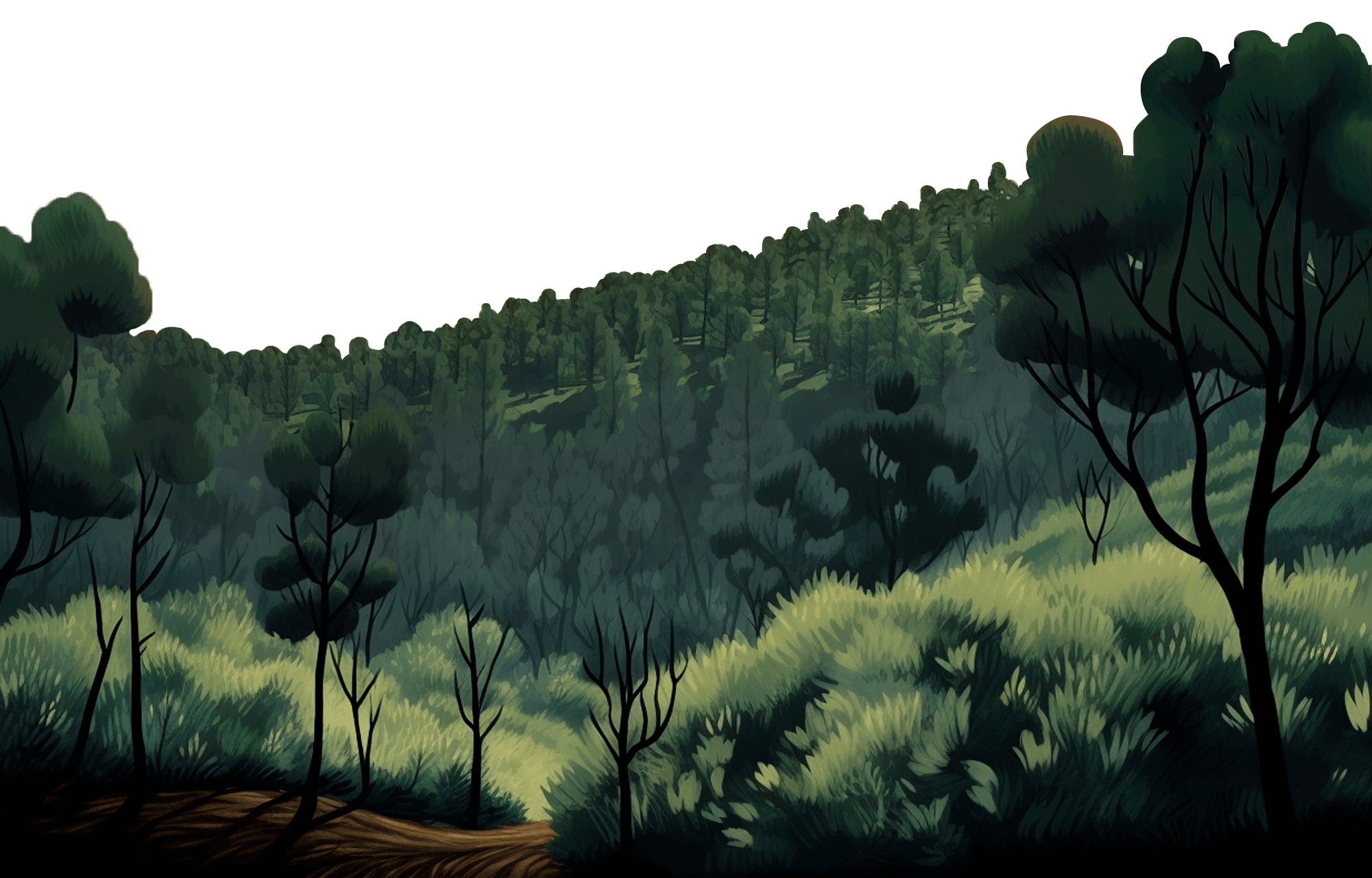Training and Operations
Specialised training in wildfires: Practical learning for safer fire suppression.
In 2022, we implemented with CONAF (Chile) the training framework designed by the Foundation to empower organisations and train professionals in fire prevention and suppression. We offered training in wildfire scenarios, applying a training model based on the acquisition of knowledge and skills through practical exercises.
Likewise, we have organised and coordinated training at the national and international level, where we apply a methodology based on the creation of spaces of trust for the exchange of knowledge and experiences between professionals from different agencies, in order to improve their fire suppression capacity and safety in emergency scenarios. To do this, we have had our own excellent training team, and an international network of experts deployed anywhere in the world, who assist us as trainers.
378
PARTICIPANTS
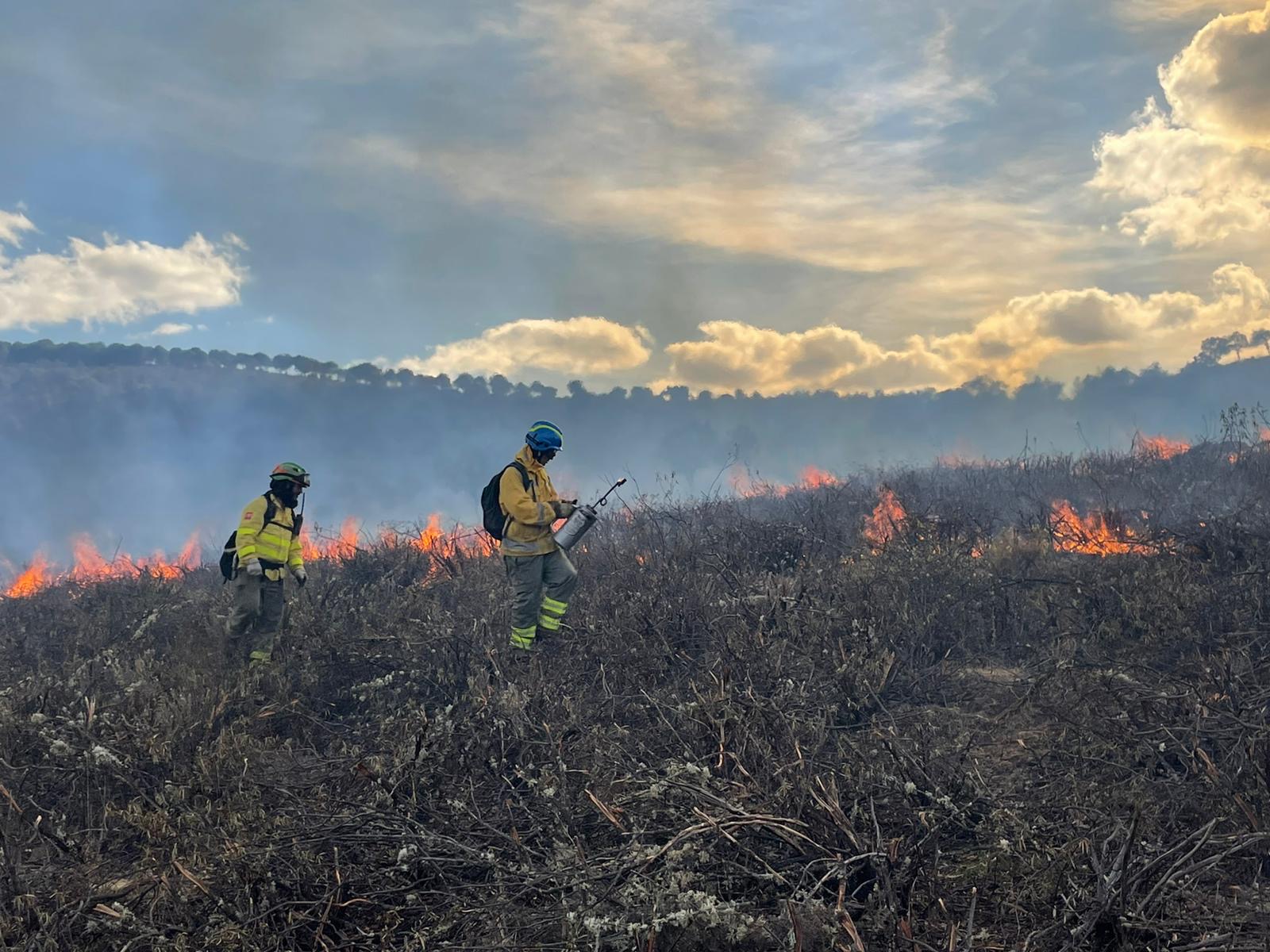
Knowledge and Applied Science
We facilitate projects that integrate the entire spectrum of wildfieres: Research, emergency services and society.
In 2022, we have continued to actively seek participation in R&D&I projects to contribute to excellent research and new advances in the field of wildfires. This participation has allowed us to create synergies with researchers, emergency services and society.
Our primary role remains to connect the fire community, research and society through collaborative projects; have a stable participation in internationally competitive projects that integrate the wildfire community; and establish alliances with companies and development centres to create innovative tools for emergency management.
11
ACTIVE
PROJECTS
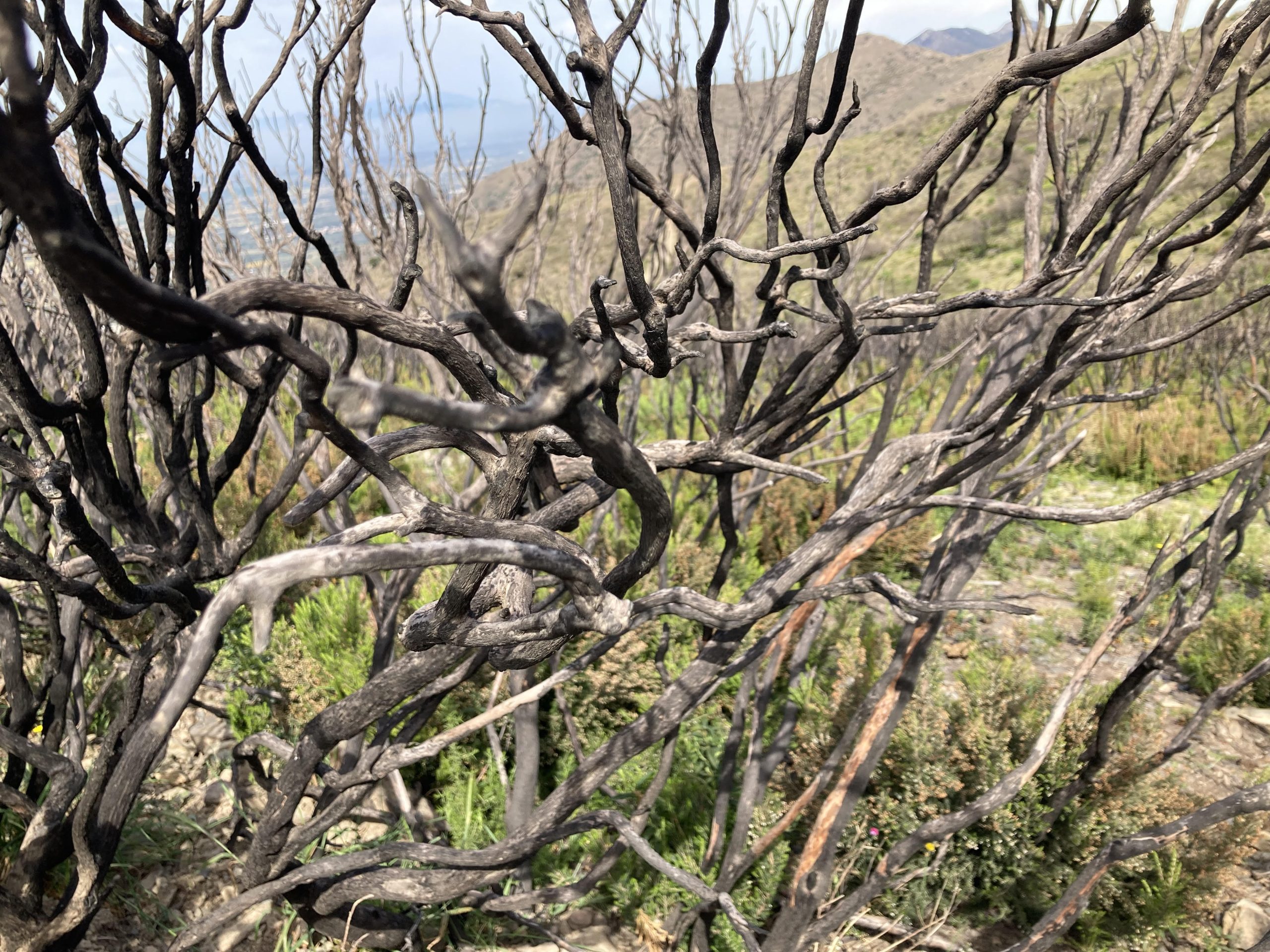
Resilient Landscapes and Societies
We propose strategic management actions to have landscapes and societies adapted to wildfires.
The Foundation promotes the resilience of landscapes through the analysis of the territory, and the proposal of specific management actions at key points.
In 2022, we have continued to strengthen the reference project on prescribed silvopastoralism, Ramats de Foc (Fire Flocks) and have participated in technical projects that include fire risk in territorial planning and identification of PEGs (strategic management points); vulnerability studies of the territory and critical infrastructure in the case of wildfires; and projects that promote the resilience of society in wildland-urban interface areas or that propose participatory processes with neighbours and territorial agents to prioritise areas to protect against wildfires.
4
ACTIVE
PROJECTS
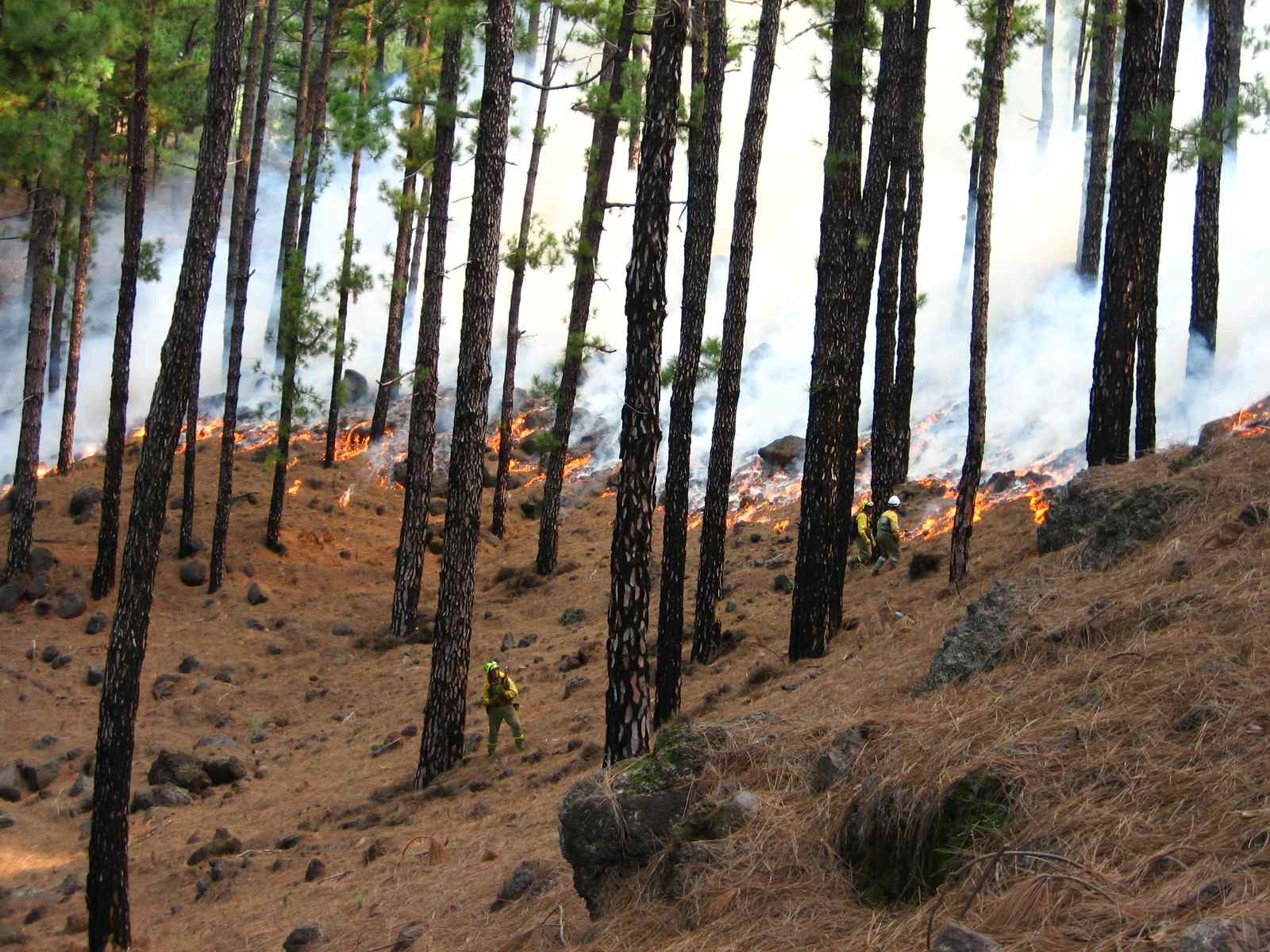
Education
and Awareness
We seek a change in the perception of wildfires, promoting a sustainable management of fire and natural resources through education.
The Foundation contributes to changing the social perception of wildfires through educational and outreach activities. In 2022, we have continued working with schools to raise awareness among children about the need to learn to live with fire. We want to raise awareness about the importance of forest management and a true rural economy to manage wildfire risk.
The MeFiTu workshop is the Foundation’s key environmental education programme, and we have dedicated most of our awareness-raising efforts to it. In addition, during 2022 we have created audiovisuals and informative material for social media, in order to disseminate knowledge about wildfires.
164
PARTICIPANTS IN
THE MEFITU PROJECT

Community
We foster participation and give the wildfire community visibility.
We facilitate the participation of the Foundation’s members, through the opportunities we offer them in events, training and awareness-raising actions at the local, national and international level. We also give our community visibility in our broadcast channels, and through their participation in the media.
The Foundation also has the will to support and give visibility to vulnerable and minority groups in the field of wildfires. Particularly, we have carried out considerable activity in the support and visibility of women who work in this field.
8
ACTIVE PROJECTS

